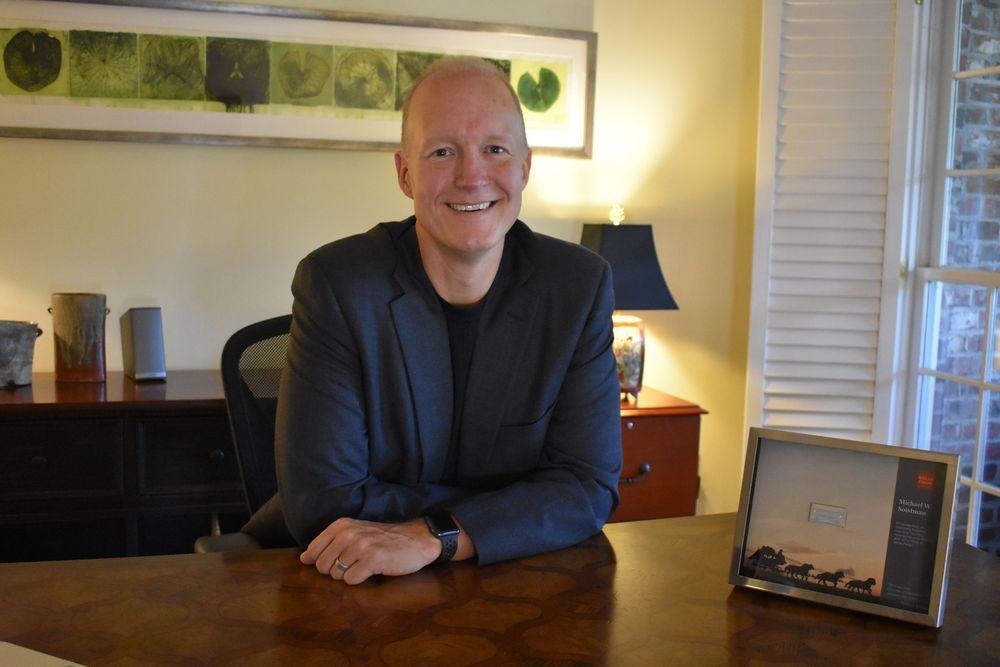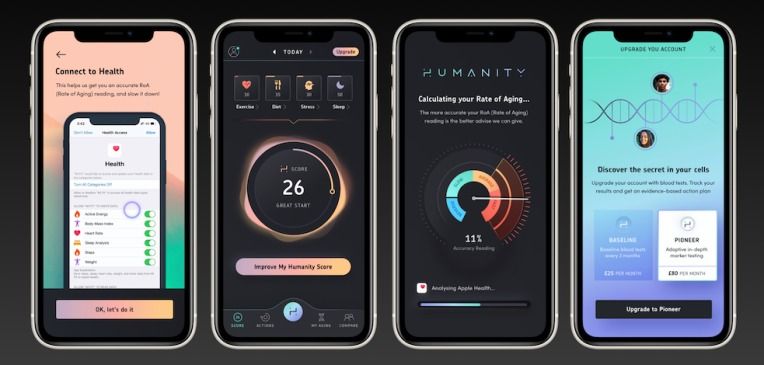“Our standard model of cosmology is based on an isotropic universe, one that is the same, statistically, in all directions,” says astrophysicist John Webb at the University of New South Wales about the universal constant which appears inconstant at the outer fringes of the cosmos, it occurs in only one direction…” That standard model itself is built upon Einstein’s theory of gravity, which itself explicitly assumes constancy of the laws of Nature. If such fundamental principles turn out to be only good approximations, the doors are open to some very exciting, new ideas in physics.”
Those looking forward to a day when science’s Grand Unifying Theory of Everything could be worn on a t-shirt may have to wait a little longer as astrophysicists continue to find hints that one of the cosmological constants is not so constant after all.
In a paper published in Science Advances, scientists from UNSW Sydney reported that four new measurements of light emitted from a quasar 13 billion light years away reaffirm past studies that found tiny variations in the fine structure constant.






